Unmasking Musa Juma’s Benga Music
Although hailed as an astute Luo rumba artiste by music reviewers in newspapers and magazines, few are aware of the musician’s first compositions that were in pure paced benga and why he chose to do almost all his songs again with tunes of rumba.
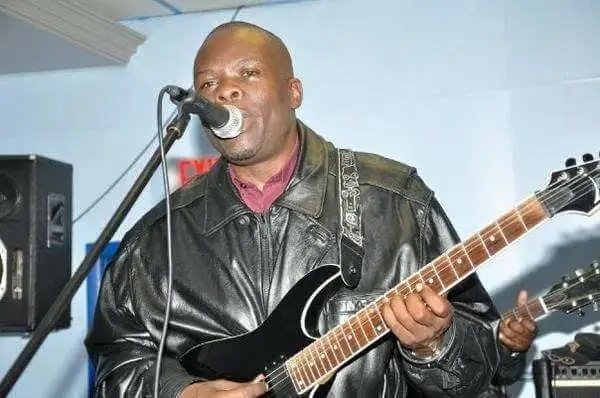



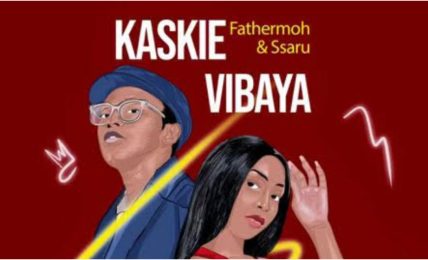
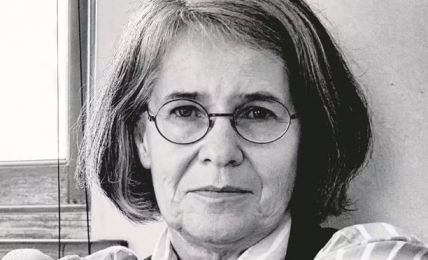
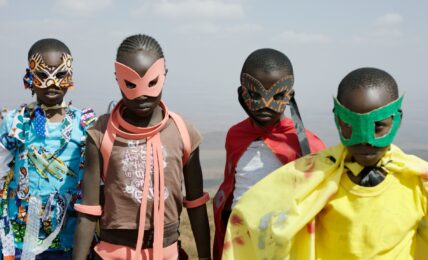
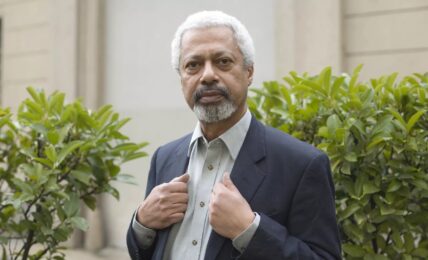

Interesting
Well articulated with so much information and also comprehensive piece of article. Cheers.